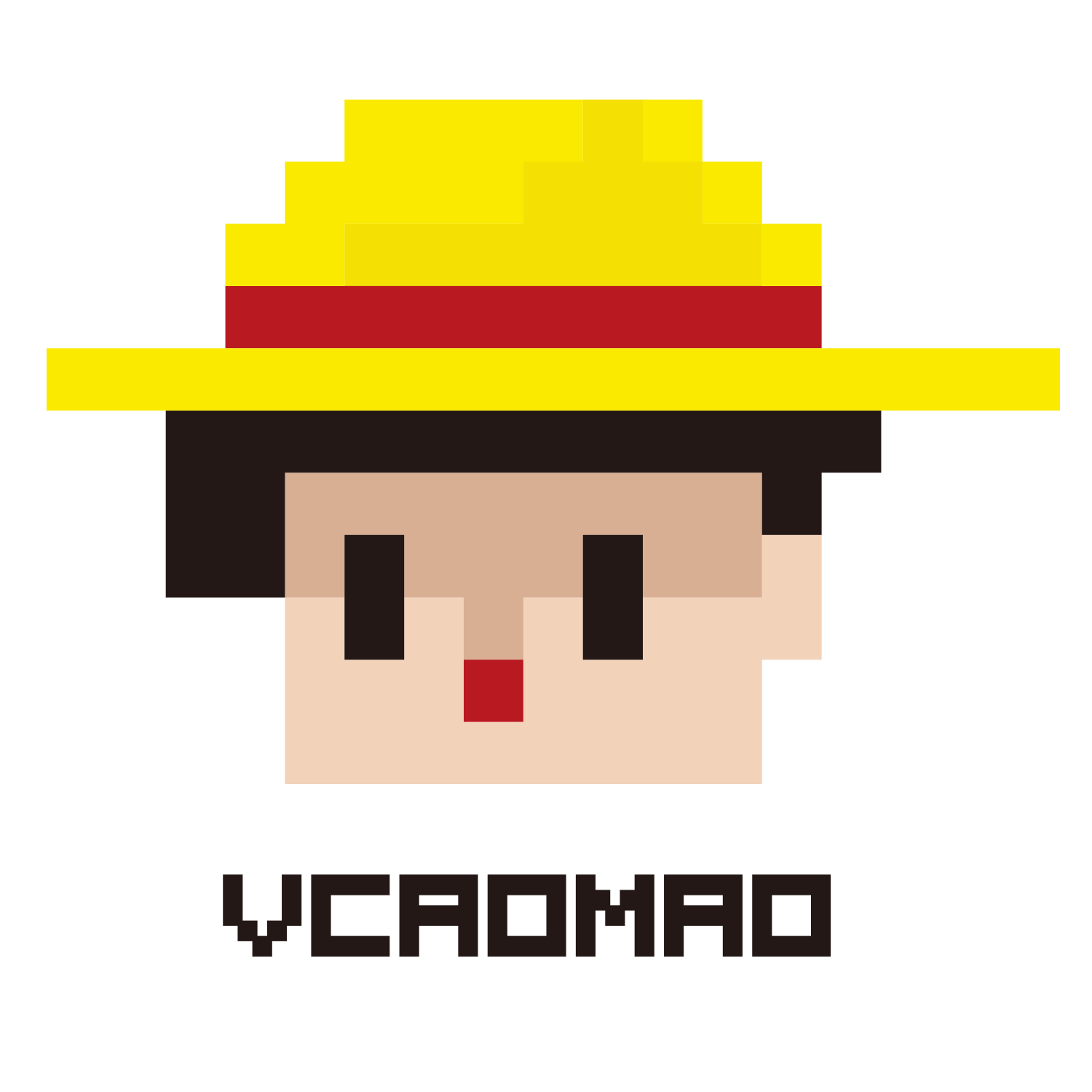4.3 Parallel and Distributed Computing 并行与分布式计算
Parallel and distributed computing leverage multiple computers to more quickly solve complex problems or process large data sets.
- 并行和分布式计算利用多台计算机更快地解决复杂问题或处理大型数据集。
核心要点 Core Points
Sequential computing is a computational model in which operations are performed in order one at a time.
- 顺序计算是一种计算模型,其中操作按顺序一次执行一个。
Parallel computing is a computational model where the program is broken into multiple smaller sequential computing operations, some of which are performed simultaneously.
- 并行计算是一种计算模型,其中程序被分解为多个较小的顺序计算操作,其中一些同时执行。
Distributed computing is a computational model in which multiple devices are used to run a program.
- 分布式计算是一种计算模型,其中使用多个设备来运行程序。
Comparing efficiency of solutions can be done by comparing the time it takes them to perform the same task.
- 可以通过比较解决方案执行相同任务所需的时间来比较解决方案的效率。
A sequential solution takes as long as the sum of all of its steps.
- 顺序解决方案需要的时间等于其所有步骤的总和。
A parallel computing solution takes as long as its sequential tasks plus the longest of its parallel tasks.
- 并行计算解决方案需要的时间等于其顺序任务加上其并行任务中最长的时间。
The "speedup" of a parallel solution is measured in the time it took to complete the task sequentially divided by the time it took to complete the task when done in parallel.
- 并行解决方案的"加速"通过顺序完成任务所需的时间除以并行完成任务所需的时间来测量。
Parallel computing consists of a parallel portion and a sequential portion.
- 并行计算由并行部分和顺序部分组成。
Solutions that use parallel computing can scale more effectively than solutions that use sequential computing.
- 使用并行计算的解决方案比使用顺序计算的解决方案能够更有效地扩展。
Distributed computing allows problems to be solved that could not be solved on a single computer because of either the processing time or storage needs involved.
- 分布式计算允许解决由于处理时间或存储需求而无法在单台计算机上解决的问题。
Distributed computing allows much larger problems to be solved quicker than they could be solved using a single computer.
- 分布式计算允许比使用单台计算机更快地解决更大的问题。
When increasing the use of parallel computing in a solution, the efficiency of the solution is still limited by the sequential portion. This means that at some point, adding parallel portions will no longer meaningfully increase efficiency.
- 当在解决方案中增加并行计算的使用时,解决方案的效率仍然受到顺序部分的限制。这意味着在某个点上,添加并行部分将不再有意义地提高效率。
学生活动 Student Activities
For sequential, parallel, and distributed computing:
- 对于顺序、并行和分布式计算:
- Compare problem solutions.
- 比较问题解决方案。
- Determine the efficiency of solutions.
- 确定解决方案的效率。
Describe benefits and challenges of parallel and distributed computing.
- 描述并行和分布式计算的好处和挑战。
